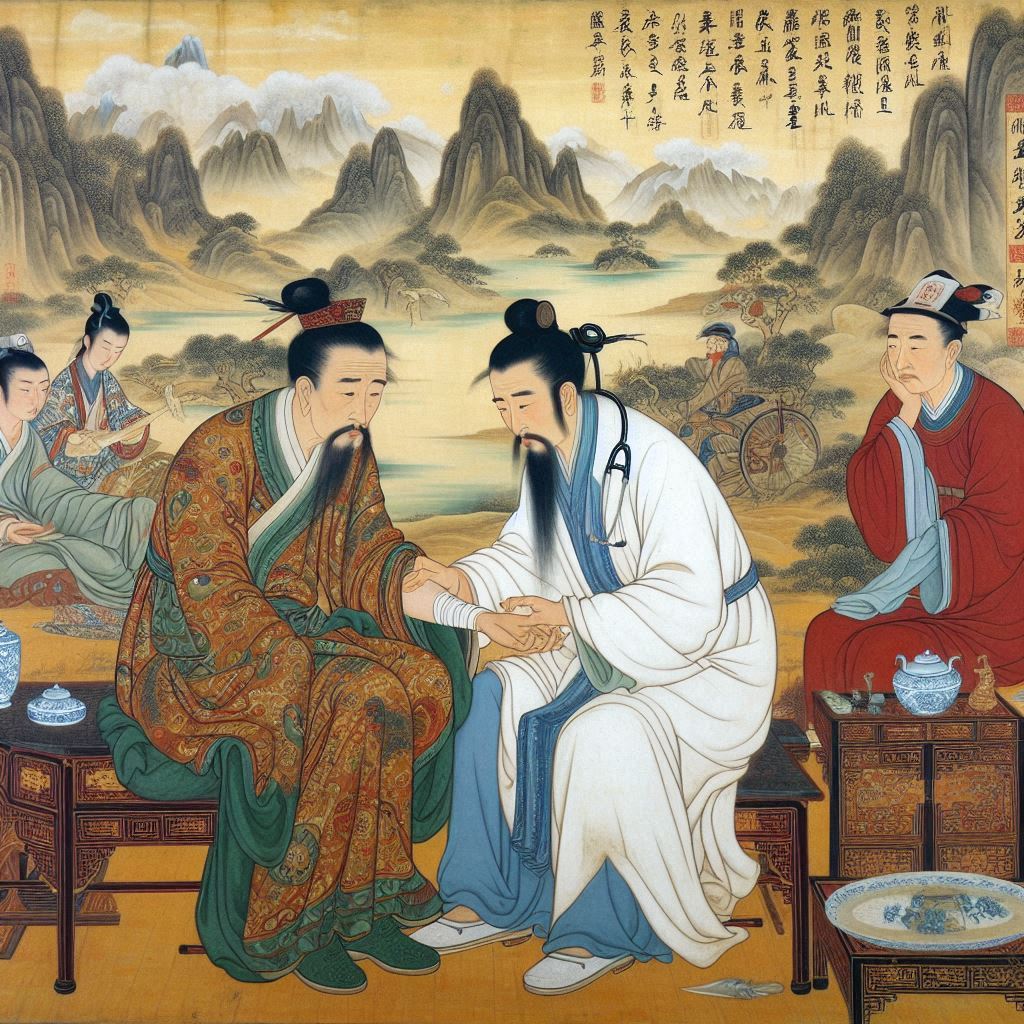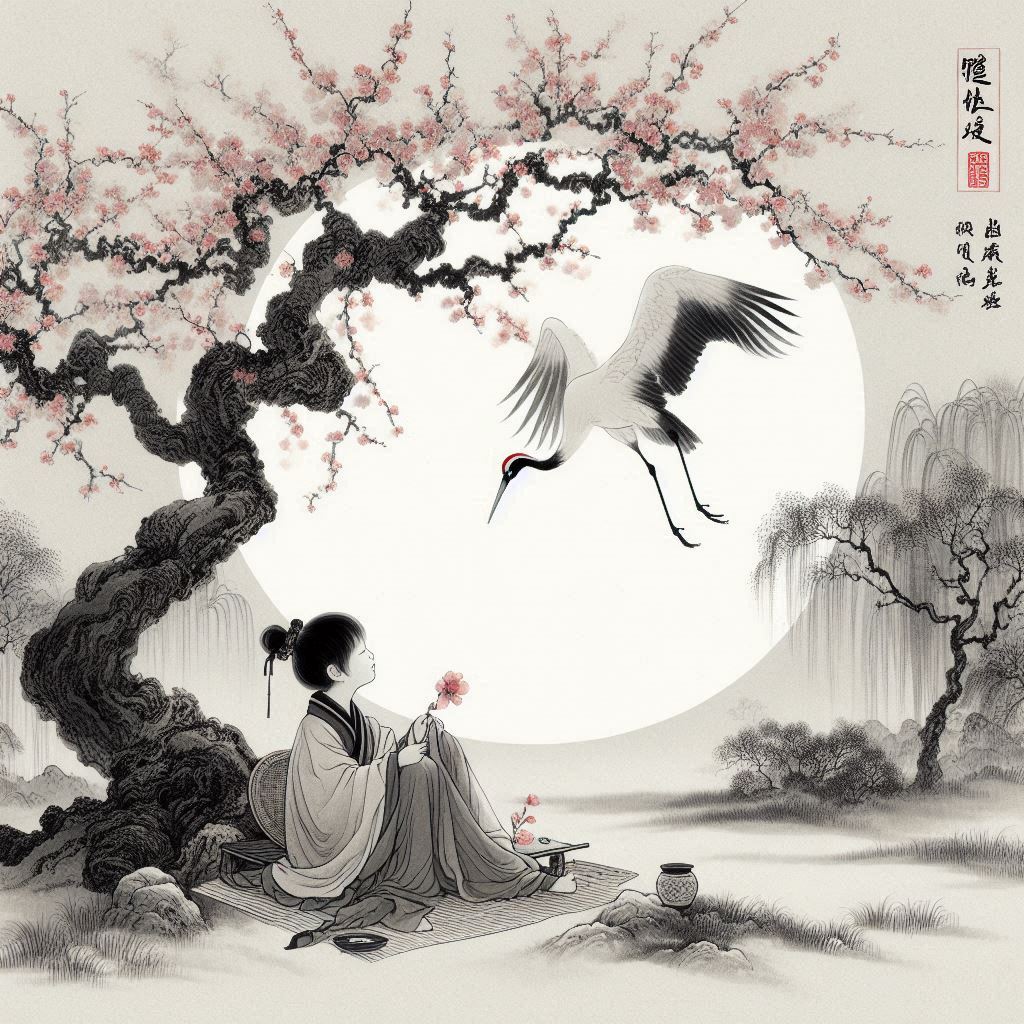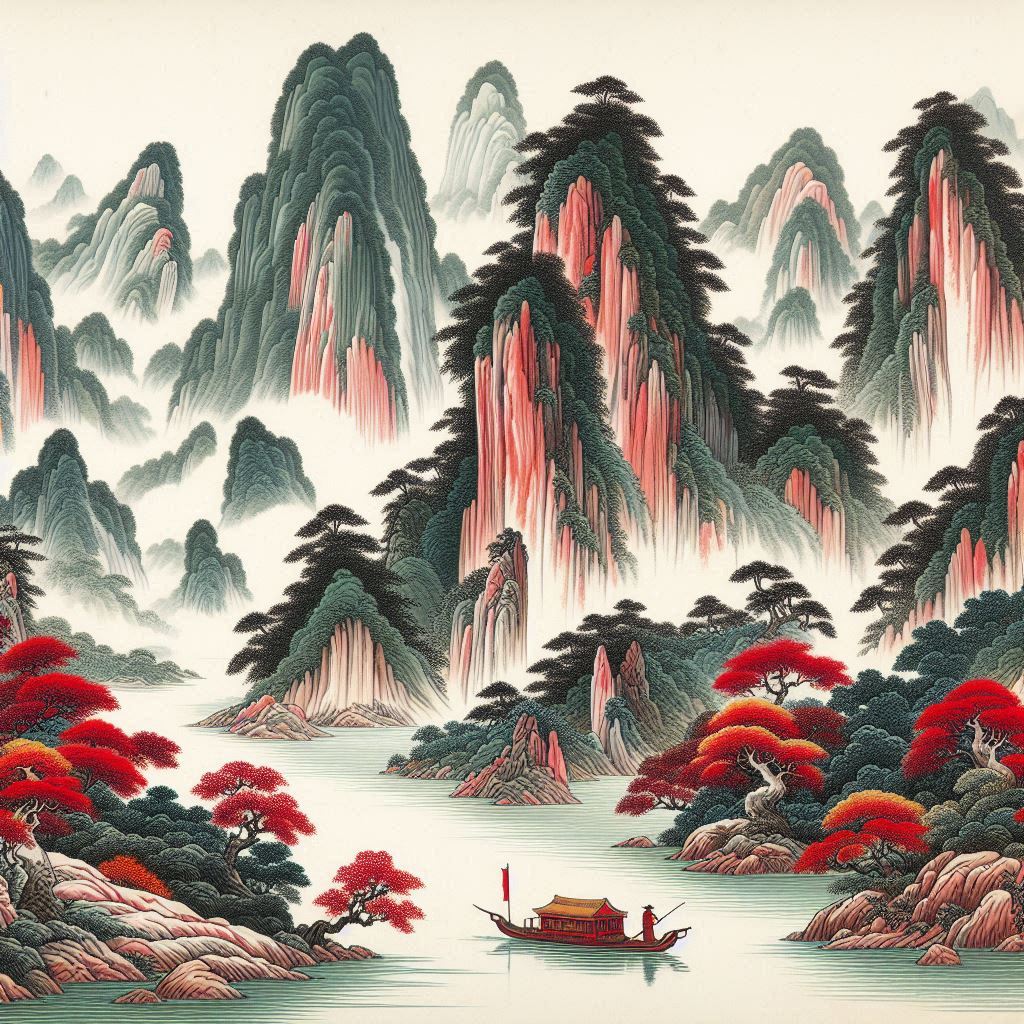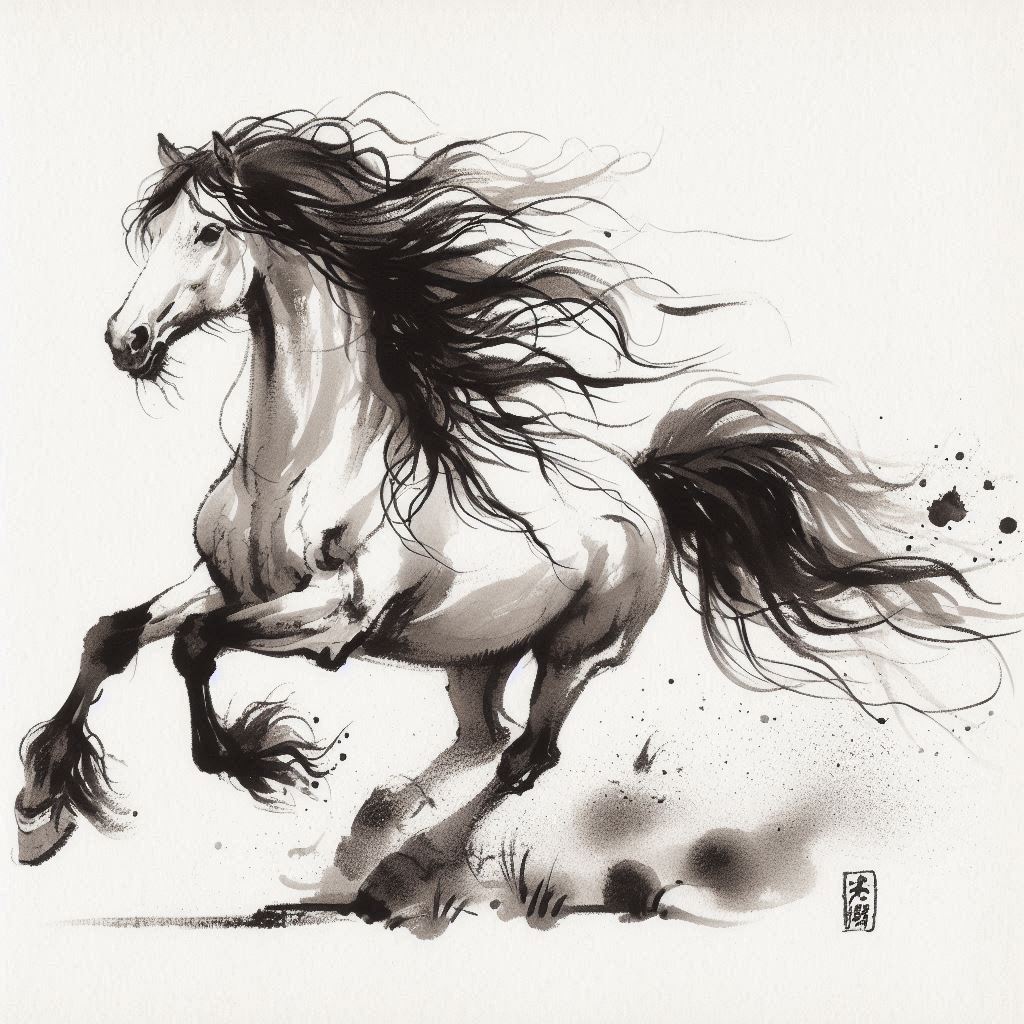Cause
- over-consumption of hot and spicy foods
- over-consumption of broiled and baked foods
- blood and Yin deficiency
- old age
- childbirth
- late stage febrile disease
- living in a hot and dry environment
“Heat in the Large Intestine” is caused by over-consumption of “hot” foods. Hot foods are spicy foods, meats (with the exception of pork), and some nuts. “Hot” drinks are coffee, wine and spirits. Cigarettes have also heating nature.
“Dryness in Large Intestine” is also caused by the over-consumption of “dry” foods. Such are broiled and baked foods. Another cause for “dryness in the Large Intestine” is blood and/or Yin deficiency(1)(4). To understand that we need to make a quick review of the concept of Yin and Yang in Traditional Chinese Medicine:
Since Yang in nature represents activity, light, warmth it logically represents function/warming faculty in the human body. Since Yin in nature represents rest, quiet, slowness in the human body it translates to structure, substance, matter. In other words Yin represents blood, body fluids and matter, while Yang is the force that brings them to life(2).
There is good health when Yin and Yang are in balance. When there is deficiency of Yang, Yin instantly becomes excessive and vice versa – when there is deficiency of Yin, Yang becomes excessive. Yang deficiency manifests in coldness, lethargy, overflow as there is "deficiency of warmth and energy" which struggles to contain the matter. And vice versa - when there is Yin deficiency the warming principle of the body (Yang) becomes excessive which in time will lead to accumulation of heat(2). Since blood and body fluids belong to Yin, Yin deficiency will also manifest in dryness(1)(4).
People of old age naturally become Yin deficient thus ald age is another cause for dryness in the Large Intestine(1)(3)(4). Women after delivery loose Yin and blood so they also are proned to developing heat and/or dryness in the Large Intestine(1)(3)(4).
Late stage(3) febrile disease(3)(4) and living for a prolonged period of time in hot, dry environment(1) can also lead to “heat or dryness in the Large Intestine”.
If you want to learn more about the Large Intestine and its functions from the perspective of Traditional Chinese Medicine you can read the material "The Large Intestine in Traditional Chinese medicine" in the Physiology chapter.
Symptoms
- constipation
- dry stools
- scanty dark yellow urine
- dry mouth and throat
When there is “heat in the Large Intestine” there is constipation with dry stools(1) as the heat has dried out the fluids needed to nourish the intestine. The urine is scanty and dark(1) yellow (heat sign). There might be a burning sensation and swelling in the anus(1)
When there is "dryness in Large Intestine" there is constipation(3) with dry stools(3) difficult to discharge(1)(4), and dry mouth and throat(1)(3)(4) with fetid mouth odor(4).
Treatment Approaches
To clear "heat and dryness in the Large Intestine" the foods and drinks mentioned in the Cause section need to be avoided. Foods with cool and moistening nature should be selected.
To unlock the rest of this article select "Yes, I want to learn!" below.
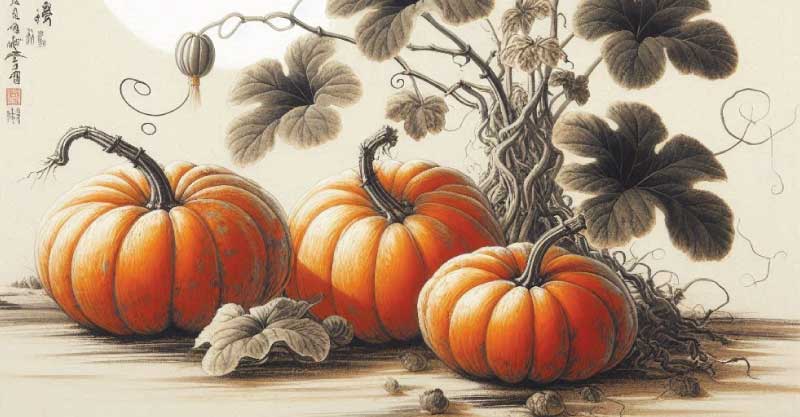
Food therapy is the most economical and non-toxic biochemical approach to health and disease. Food is something we continuously use to sustain our lives. Learning what foods are healing (and what disruptive) for each condition has the potential to convert every meal into a form of therapy.
YS
(1) Maciocia, Giovanni (1989). The Foundations of Chinese Medicine. Edinburgh: Harcourt Publishers Limited
(2) Zhang, Enqin (1990). Basic Theory of Traditional Chinese Medicine. Shanghai: Publishing House of Shanghai College of Traditional Chinese Medicine
(3) Deng Liangye, Gan Yijun, He Shuhui, Ji Xiaoping, Li Yang, Wang Rufen, Wang Wenjing, Wang Xuetai, Xu Hengze, Xue Xuiling, Yuan Jiuling (1987). Chinese Acupuncture and Moxibustion. China: Foreign Languages Press
(4) Yang Weiyi, Meng Fanyi, Jiang Yuanan(2002). Diagnostics of Traditional Chinese Medicine. Beijing: Beijing University of Chinese Medicine and Pharmacology
(5) Pitchford, Paul (2002). Healing with Whole Foods. Berkeley: North Atlantic Books
Related Articles
Herbs that tonify Yin
Damp-Heat in the Large Intestine
Herbs that clear heat and dry dampness
The Lung, season autumn, and the foods during autumn that benefit the Lung
Please read our Disclaimer

